Showing 13–24 of 33 results
-
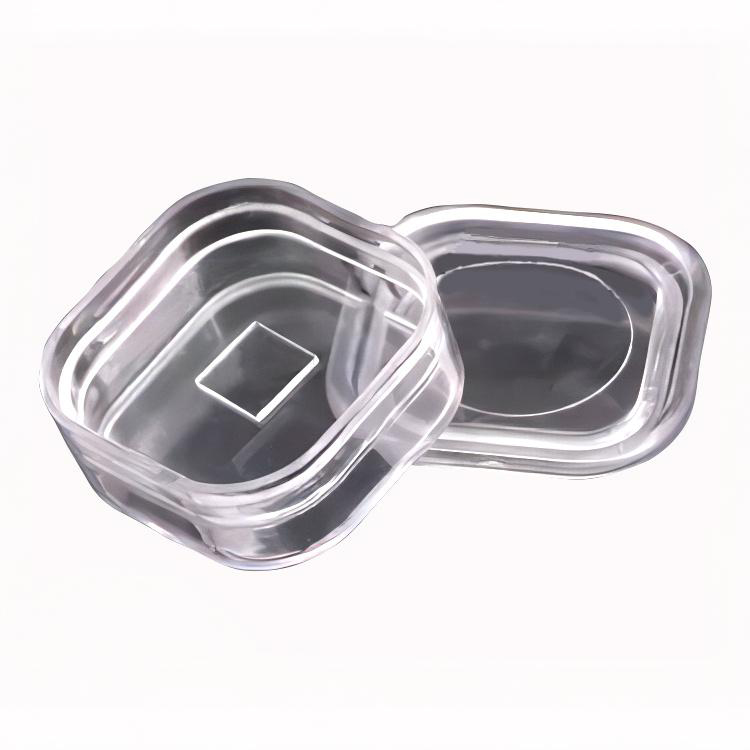
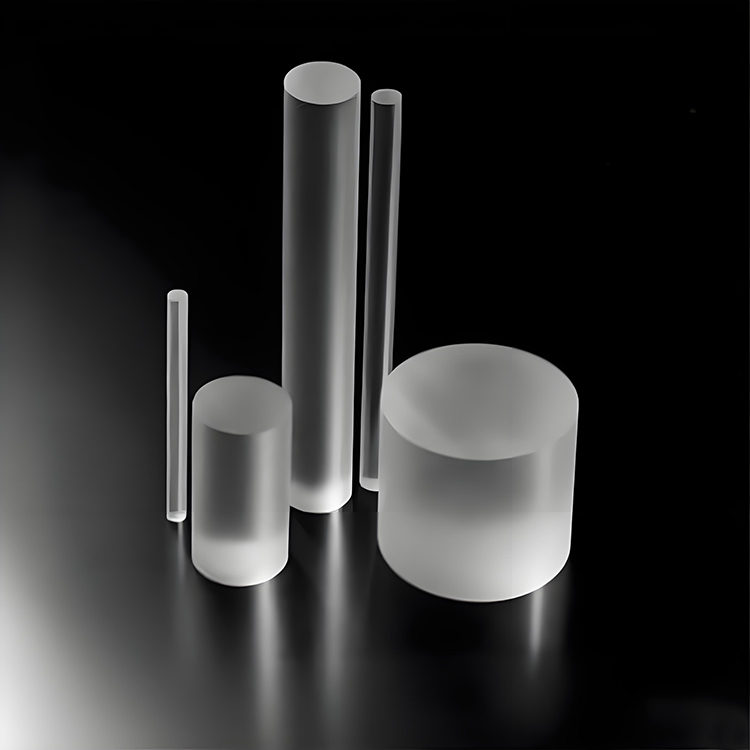
- Wide Transmission Range: Excellent optical transmission from 120 nm (VUV) to 6 μm (IR).
- Low Refractive Index: ~1.39 at 400 nm, advantageous for minimal Fresnel losses.
- Radiation Resistance: High durability against X-rays and high-energy particle irradiation.
- High Optical Homogeneity: Suitable for precision optics and laser systems.
- Good Mechanical Properties: Higher hardness compared to other VUV transparent materials like CaF₂.
- Low Birefringence: Enabling better performance in polarization-sensitive applications.
- Chemical Stability: Moderate chemical inertness; surface can be protected with appropriate coatings if needed.
-
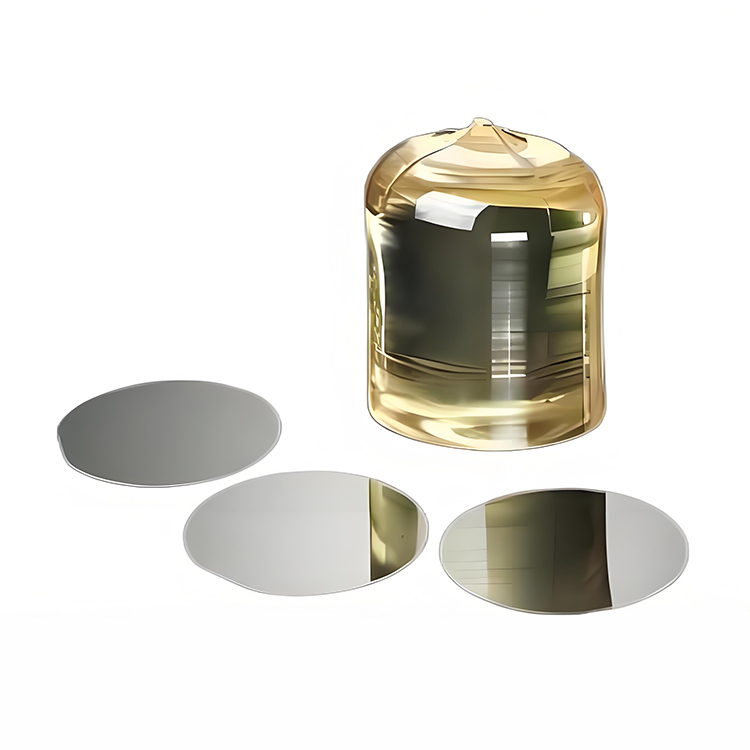

- High Electro-optic Coefficient: Enables efficient light modulation
- Excellent Nonlinear Optical Properties: Ideal for frequency conversion processes
- Wide Transmission Range: Suitable for UV, visible, and infrared applications
- Strong Piezoelectric Response: Essential for SAW and MEMS devices
- Photorefractive Effect: Useful for holography and optical data storage
- Chemical and Thermal Stability: High reliability in demanding environments
- Availability of Stoichiometric and MgO-doped Variants: Reduces photorefractive damage and enhances performance in high-power lasers
- Precise Crystal Growth and Wafer Fabrication: Ensures high uniformity and low defect densities
-
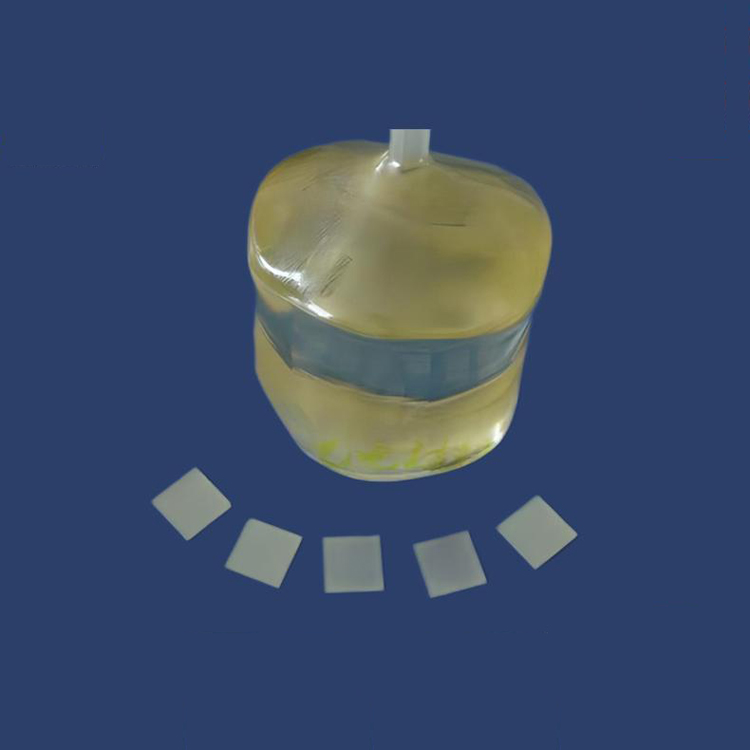
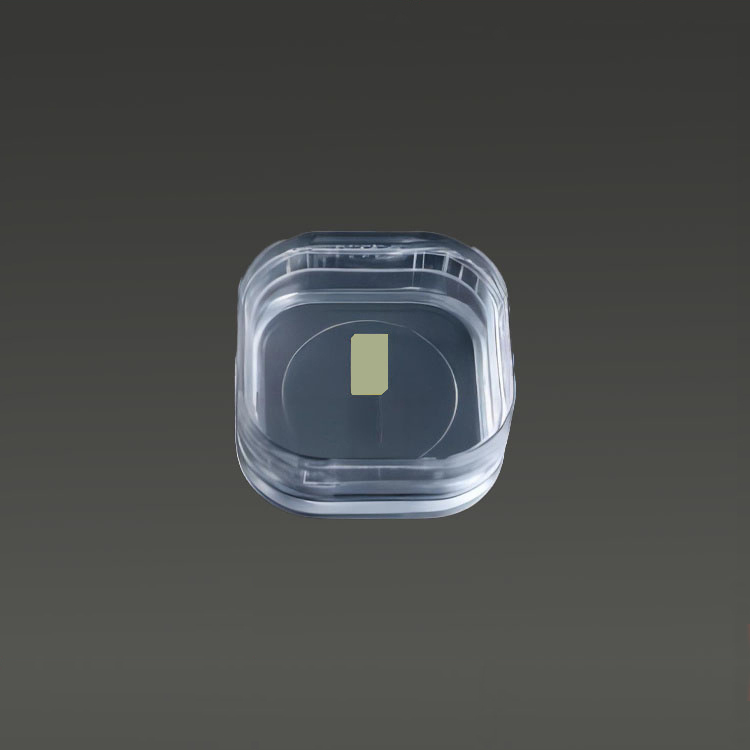
- Excellent Lattice Matching: Ideal match for many perovskite oxides such as YBCO, BST, and PZT
- High Thermal Stability: Maintains structural integrity under high temperatures
- Low Dielectric Loss: Suitable for microwave and dielectric applications
- High Crystallinity: Enables defect-free epitaxial film growth
- Good Mechanical Strength: Durable for various thin-film deposition processes
- Smooth Surface Finish: Atomic-level flatness for epitaxial growth
- High Chemical Stability: Resists degradation during processing
- Wide Application Range: Compatible with superconducting, ferroelectric, and oxide-based systems
-
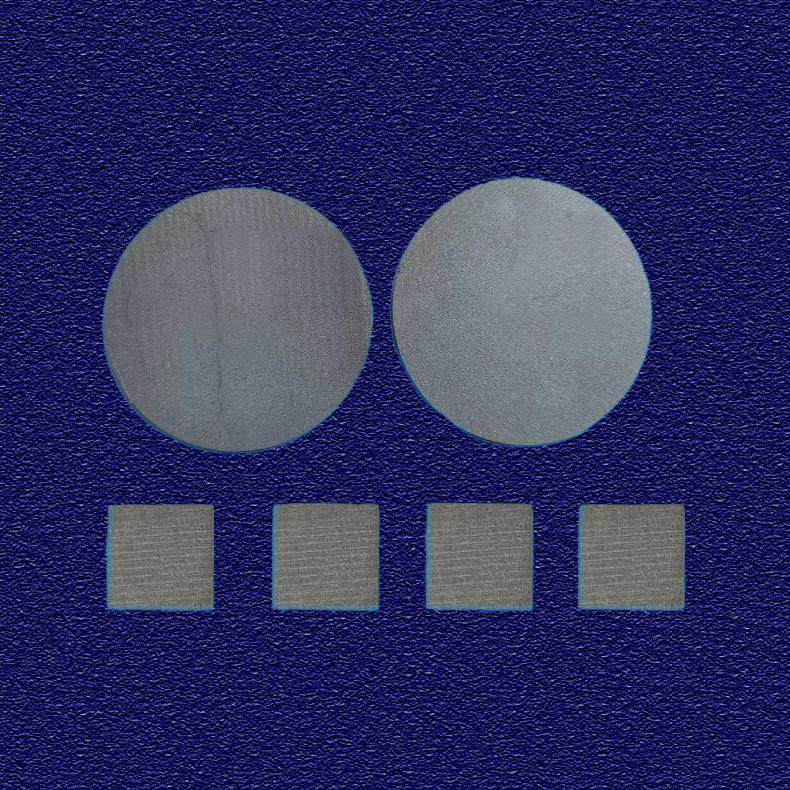
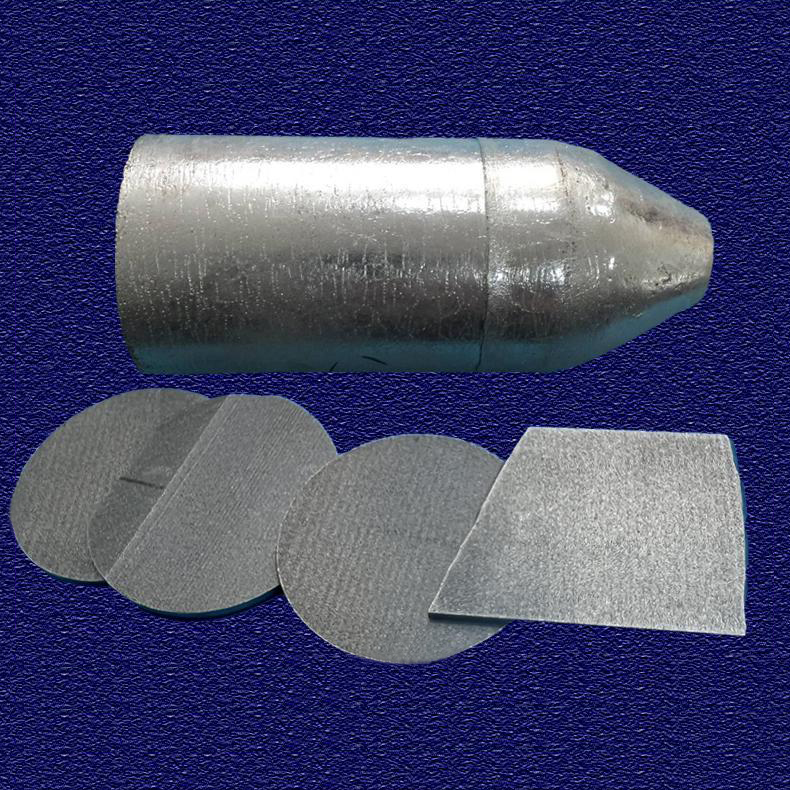
- Lightest Structural Metal: Exceptionally low density for weight-sensitive applications
- Excellent Specific Strength: High strength-to-weight ratio
- Anisotropic Mechanical Properties: Ideal for deformation and slip system studies
- High Ductility at Elevated Temperatures: Improved formability in warm/hot conditions
- Good Machinability: Easier to process compared to other metals
- High Thermal Conductivity: Facilitates efficient heat dissipation
- Superior Homogeneity: Enables reproducible experimental results
- Corrosion Sensitivity: Useful for corrosion research and protective coating studies
-
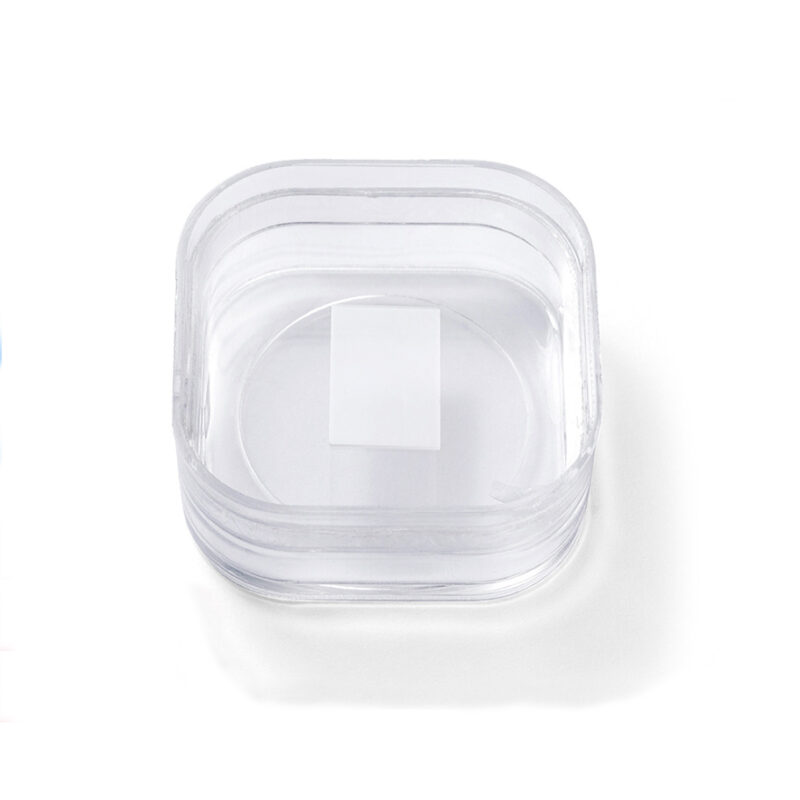
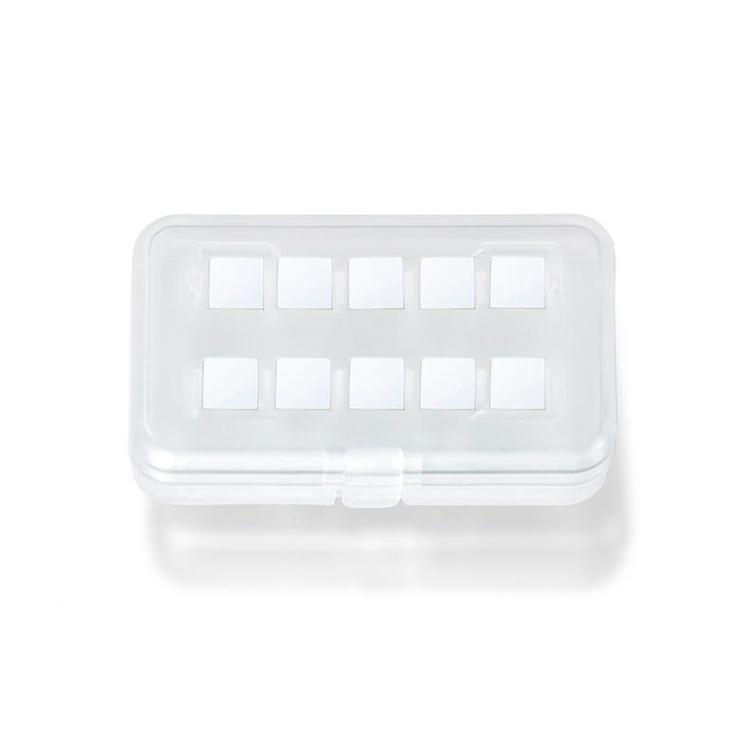
- Excellent Thermal Stability: Suitable for high-temperature processing (melting point ~2135°C)
- Wide Optical Transmission: From 200 nm (UV) to 5000 nm (Mid-IR)
- Superior Mechanical Strength: High hardness and fracture toughness
- Low Thermal Expansion: 8.5 × 10⁻⁶ /°C at 25°C
- High Chemical Resistance: Stable in both acidic and alkaline environments
- Low Dielectric Loss: Favorable for microwave and RF applications
- Surface Quality: Polished to atomic-level smoothness (Ra < 5 Å)
- High Purity: Low levels of impurities ensuring consistent and repeatable results
-
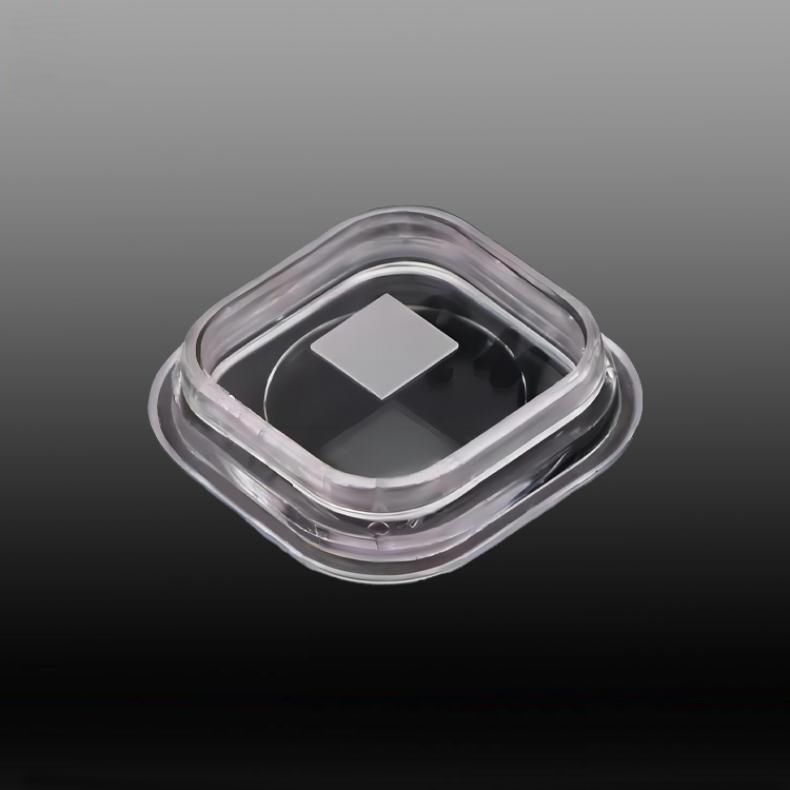

- Excellent lattice matching for oxide thin films
- Wide transparency from UV to IR regions (0.3μm–6μm)
- High thermal conductivity and melting point (2852°C)
- Chemically inert to most acids and alkalis
- Low dielectric constant (ε ≈ 9.65 at 1MHz)
-
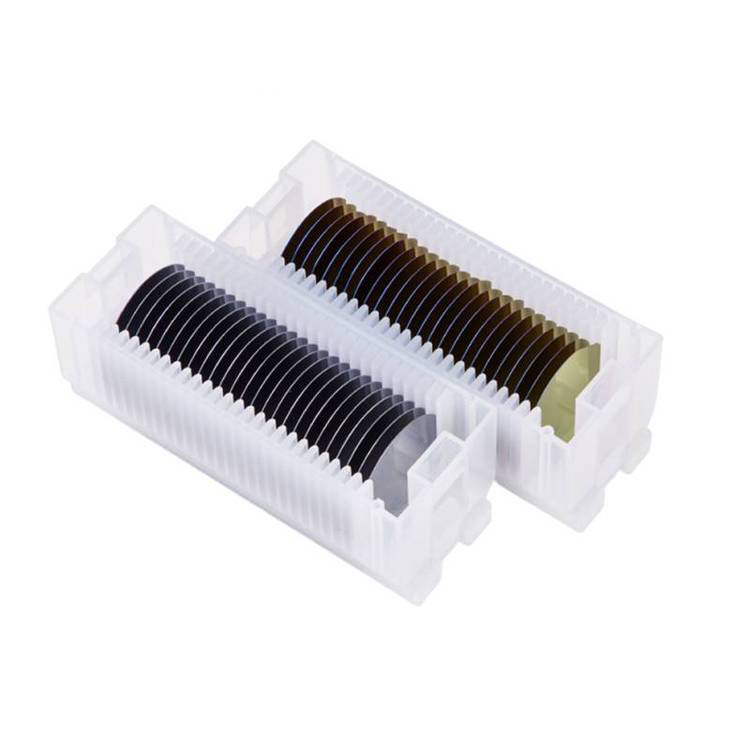
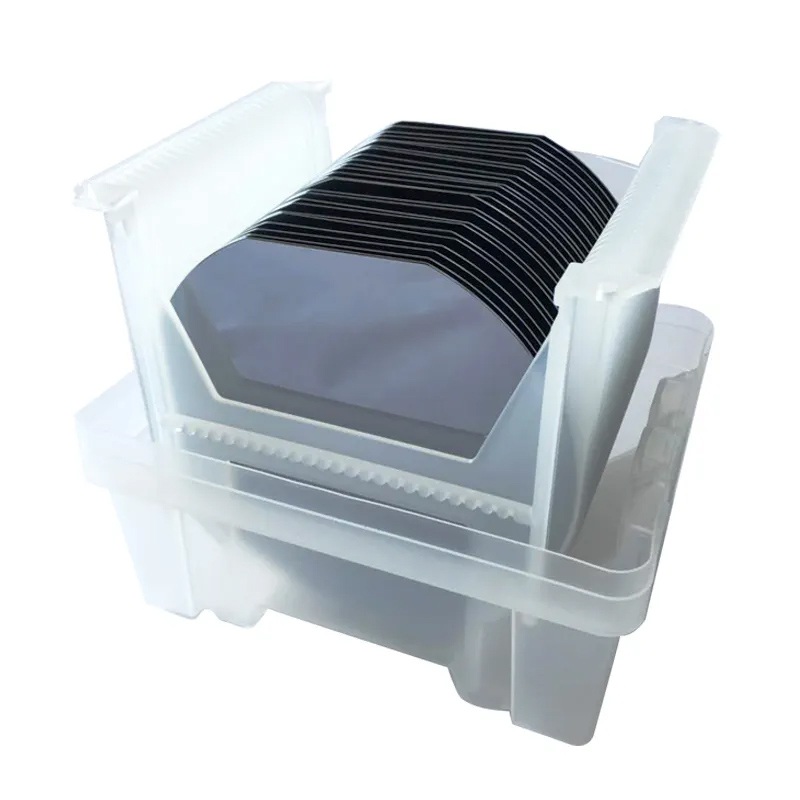
- Diameter Choices: 2″ to 12″ (or custom sizes).
- Doping Concentration: Custom doping profiles for N-type and P-type wafers.
- Thickness Variability: From ultra-thin wafers to thick substrates.
- Crystal Orientation: Standard orientations include <100>, <111>, <110>, with custom orientations available.
- Flat & Edge Treatment: Rounded, chamfered, or custom edge profiles.
- Surface Finishing:
- SSP (Single-Side Polished) or DSP (Double-Side Polished).
- Oxide coating, etched surfaces, or epitaxial layers upon request.
-
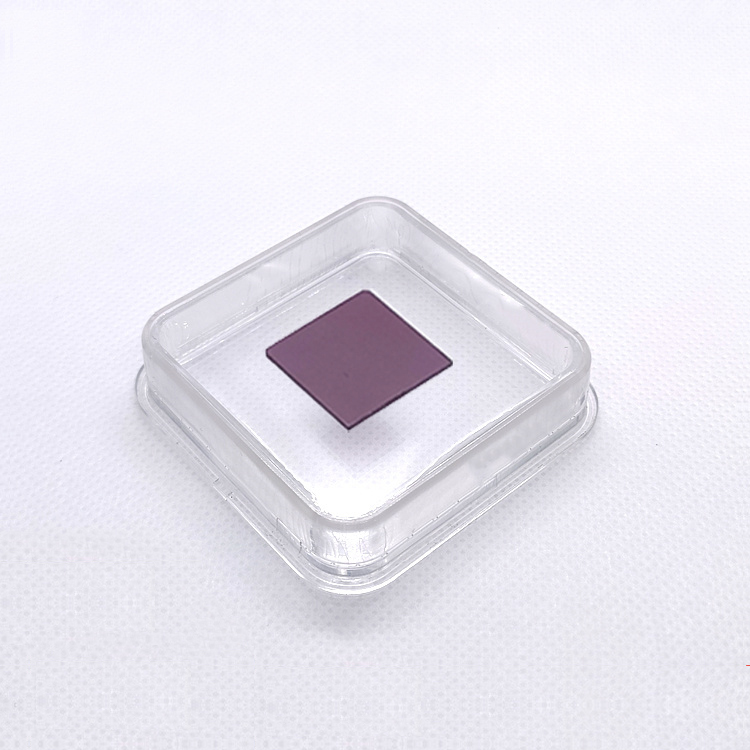
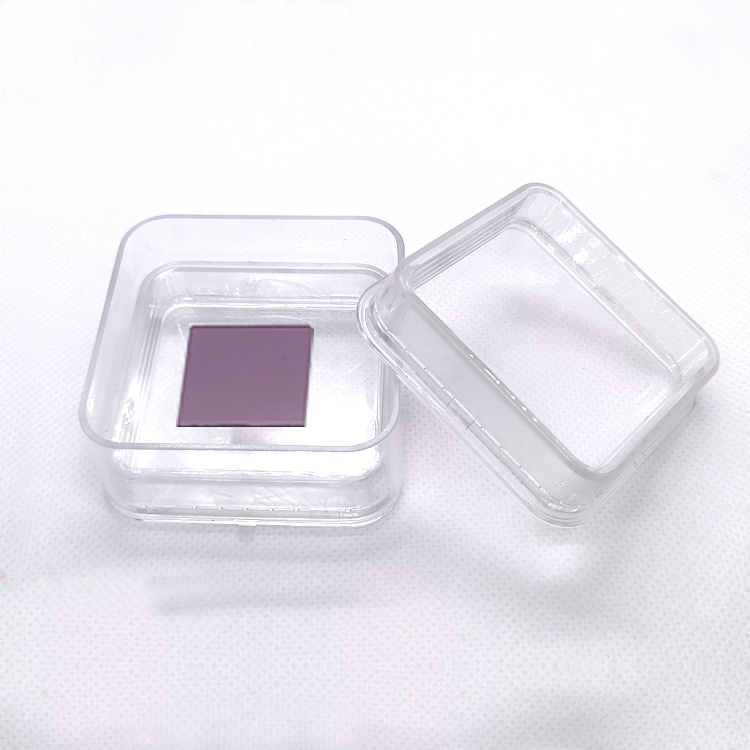
- Excellent Thermal Stability: Maintains crystal integrity at high operating temperatures.
- Good Chemical Resistance: Resists degradation in acidic and basic environments.
- Low Lattice Mismatch: Ideal for the epitaxial growth of complex oxides and superconducting films.
- High Mechanical Strength: Reduces risk of cracking during processing and device operation.
- Superior Surface Quality: Supports high-quality thin film deposition.
- Perovskite-like Structure: Compatible with a broad range of oxide thin films.
- Stable Optical Properties: Suitable for use in optical communication and laser components.
-
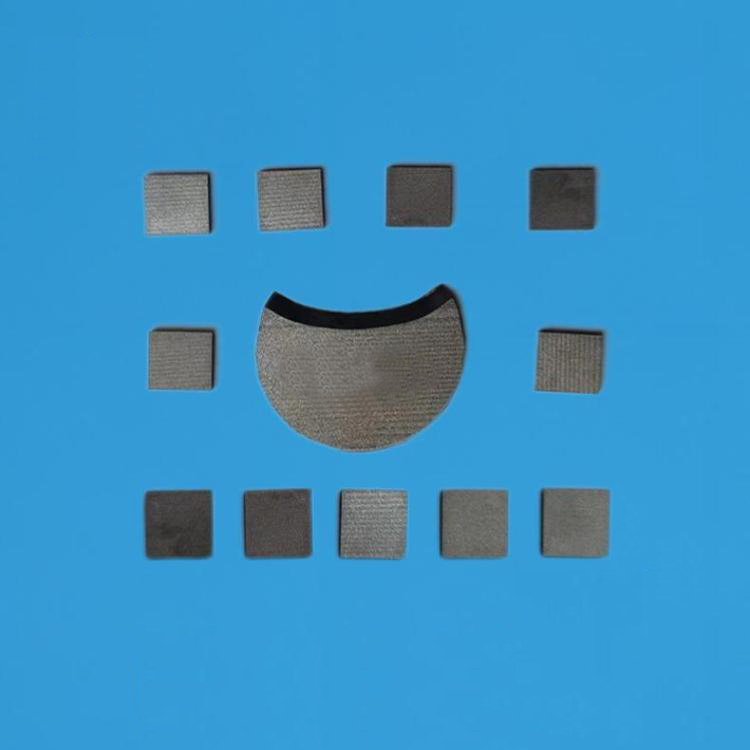
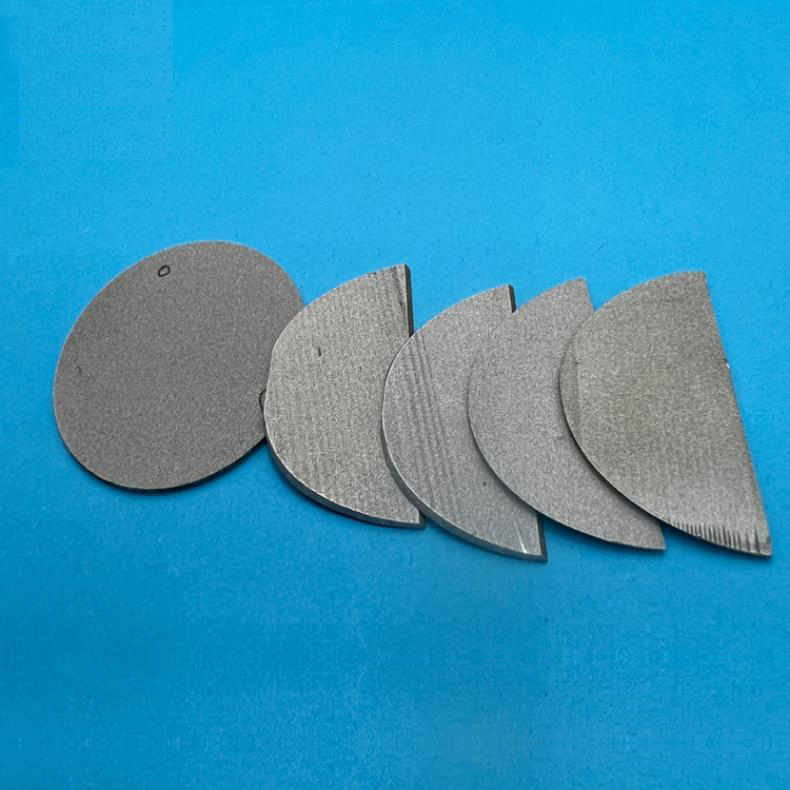
- Excellent Mechanical Strength: Suitable for high-stress applications
- Good Thermal Conductivity: Facilitates high-temperature processing
- Corrosion Resistance: Stable in oxidizing and reducing environments
- High Crystallinity: Supports high-quality epitaxial growth
- Magnetic Properties: Useful for spintronics and magnetic studies
- Surface Stability: Ideal for ultra-high vacuum (UHV) surface science experiments
- Customizable: Wide range of sizes, orientations, and surface finishes
-
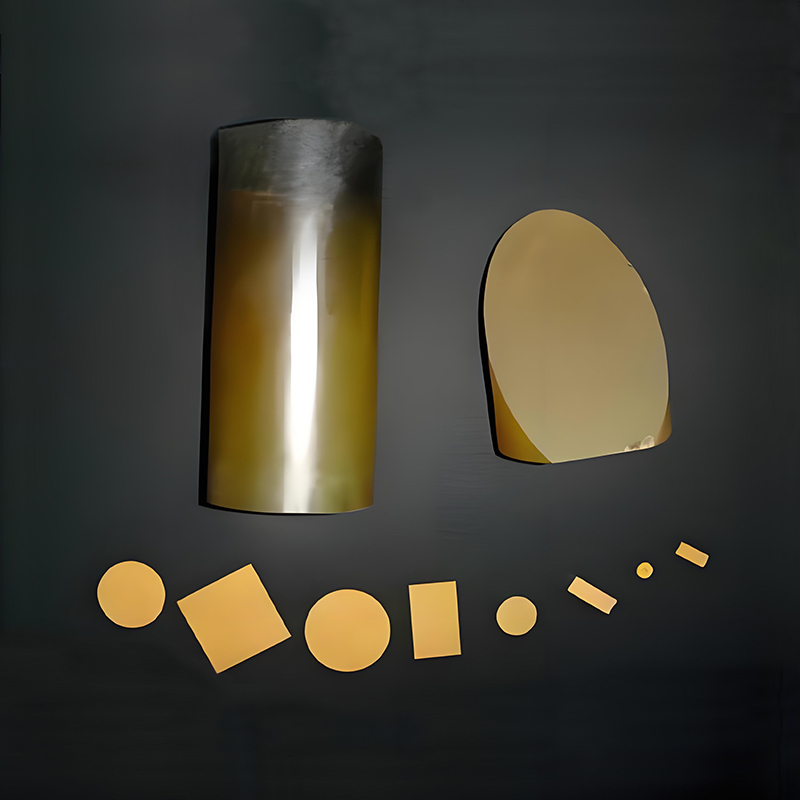
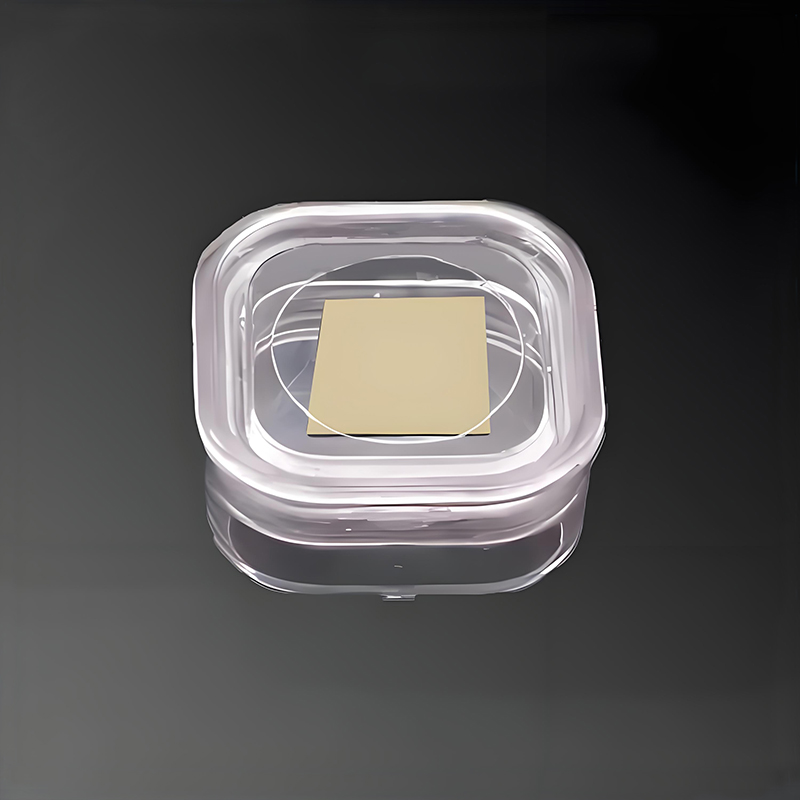
- Ultra-High Piezoelectric Coefficient (d₃₃ > 1500 pC/N): Enables extremely sensitive actuation and sensing.
- High Electromechanical Coupling Coefficient (k₃₃ > 0.9): Ensures efficient energy conversion.
- Large Strain (>0.1%): Suitable for actuators requiring high displacement.
- Low Dielectric Loss: Enhances energy efficiency and system stability.
- Superior Bandwidth and Sensitivity: Critical for medical ultrasound and SONAR transducers.
- Low Acoustic Impedance: Better matching with human tissues for biomedical applications.
- Customizable Crystal Composition (PMN-PT with various PT ratios): Tunable properties based on application requirements.
- Excellent Optical Quality (for thin PMN-PT films): Applicable in electro-optic modulators and photonic devices.
-
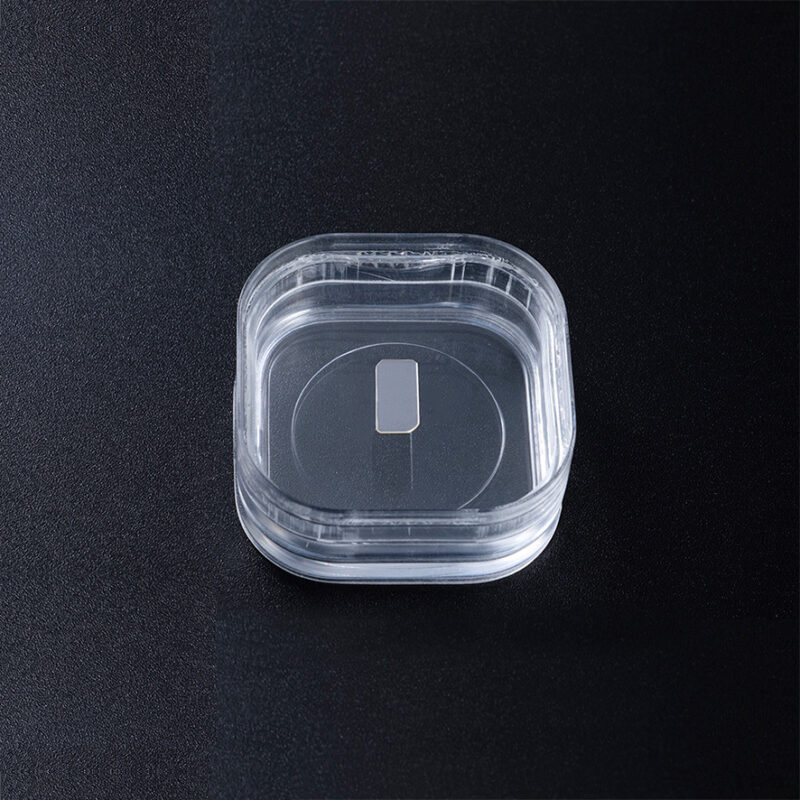
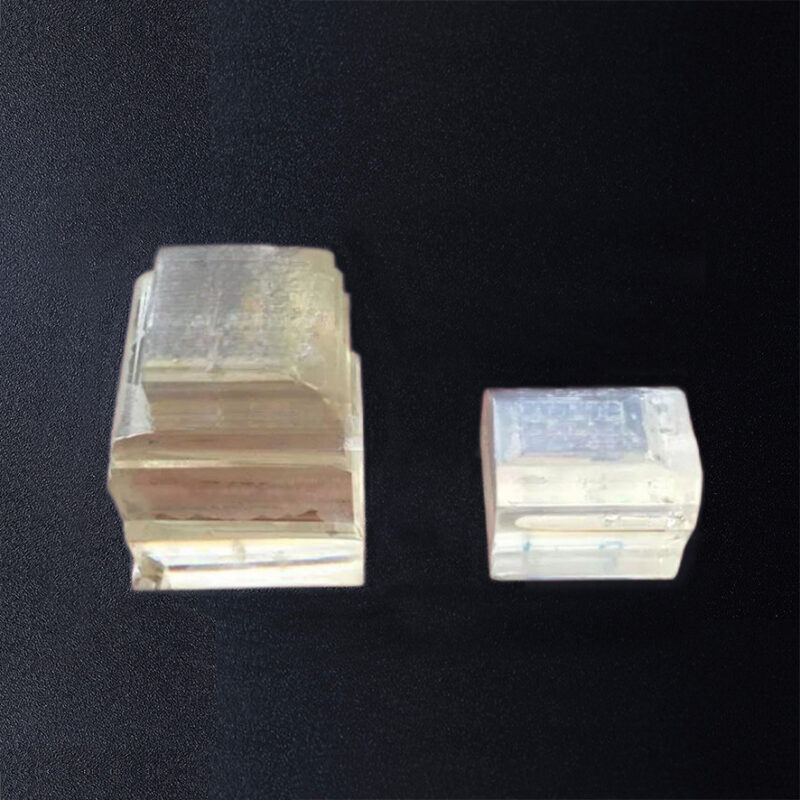
- High Structural Perfection: Ideal lattice matching for growing oxide thin films such as superconductors and ferroelectric films.
- Excellent Dielectric Properties: High dielectric constant makes it suitable for tunable capacitors and microwave applications.
- Low Optical Absorption: Transparent in the visible to near-infrared spectrum, useful for optoelectronic devices.
- High Mechanical and Chemical Stability: Ensures robustness in diverse environments.
- Ferroelectric and Quantum Paraelectric Behavior: Suitable for research in quantum phase transitions and low-temperature physics.
- Epitaxial Growth Substrate: Preferred for epitaxy of functional oxide materials such as high-temperature superconductors, ferroelectric, and multiferroic materials.
-
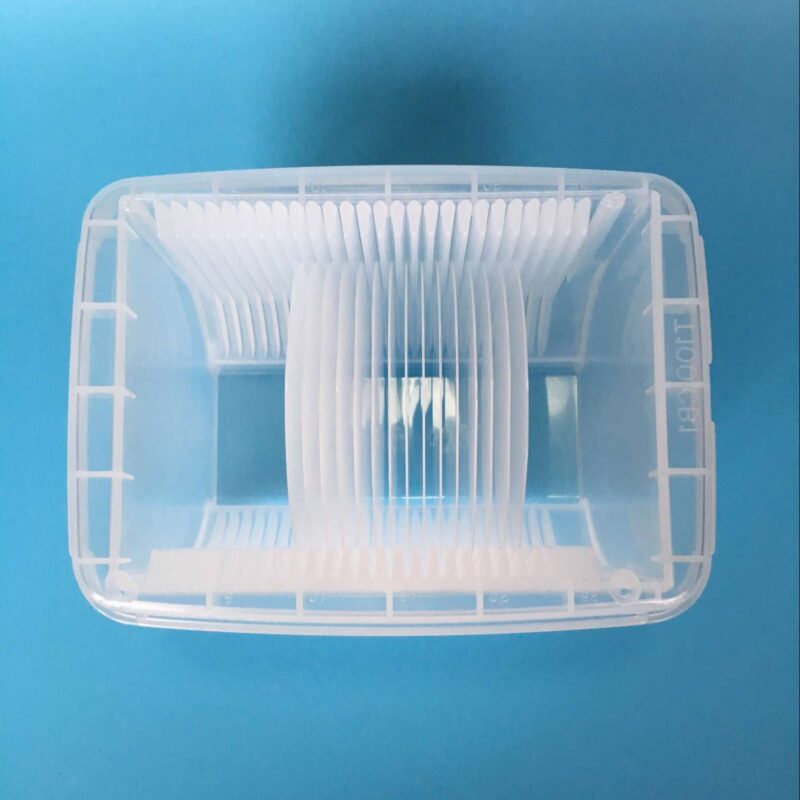
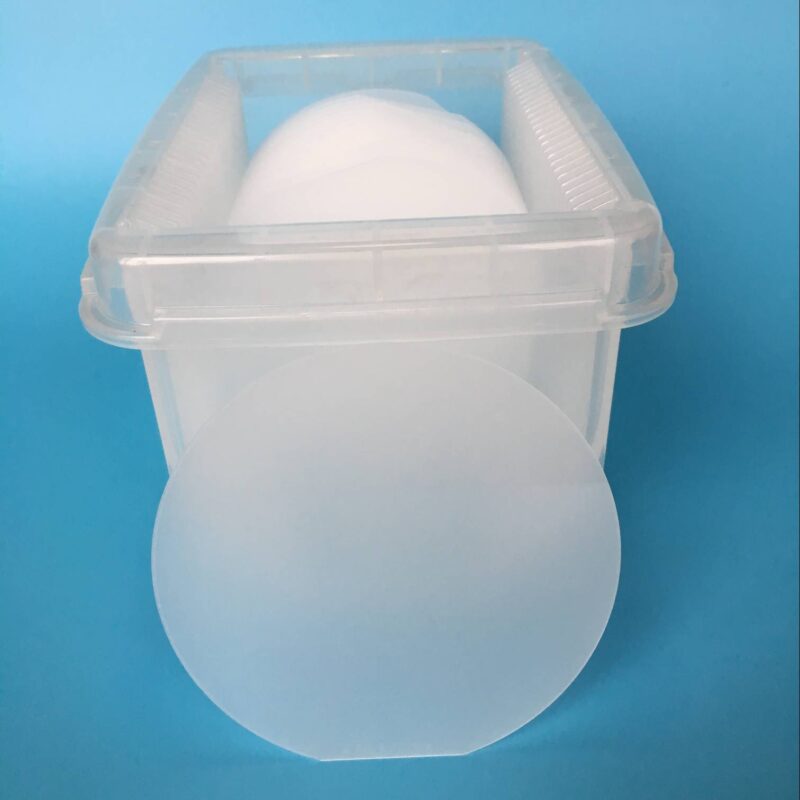
- Extreme surface hardness (Mohs 9, second only to diamond)
- Wide optical transmission from 150 nm (UV) to 5.5 μm (MWIR)
- High thermal conductivity and thermal shock resistance
- Excellent chemical inertness against acids and alkalis
- High dielectric strength and electrical insulation properties























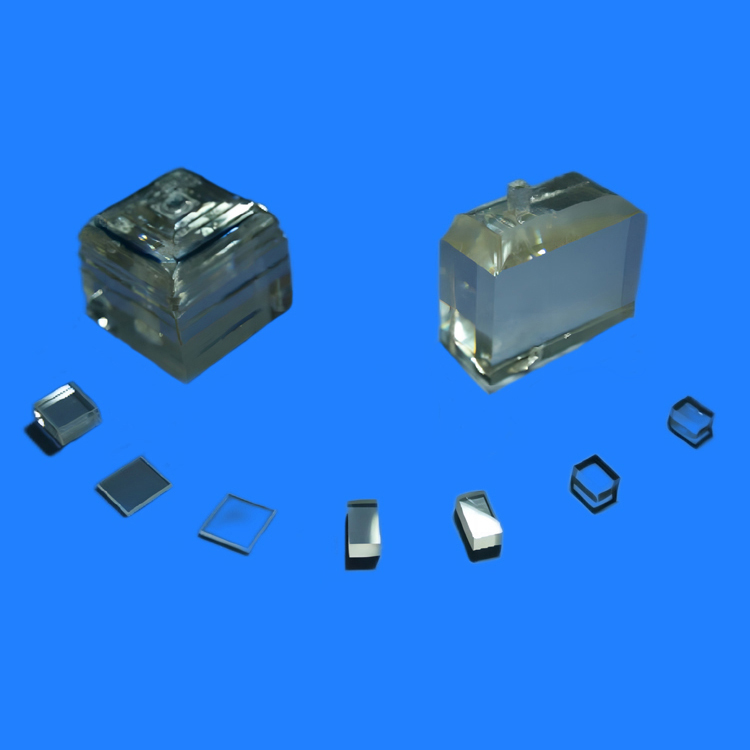 KTN Crystal (KTa₀.₅Nb₀.₅O₃) – Orientation, 10 × 10 × 0.5 mm
KTN Crystal (KTa₀.₅Nb₀.₅O₃) – Orientation, 10 × 10 × 0.5 mm